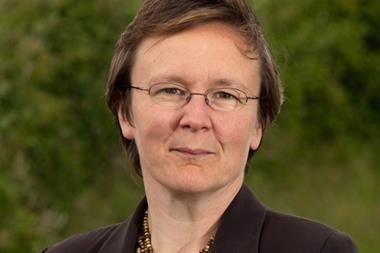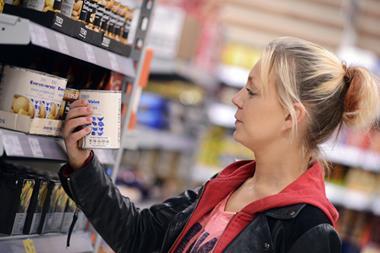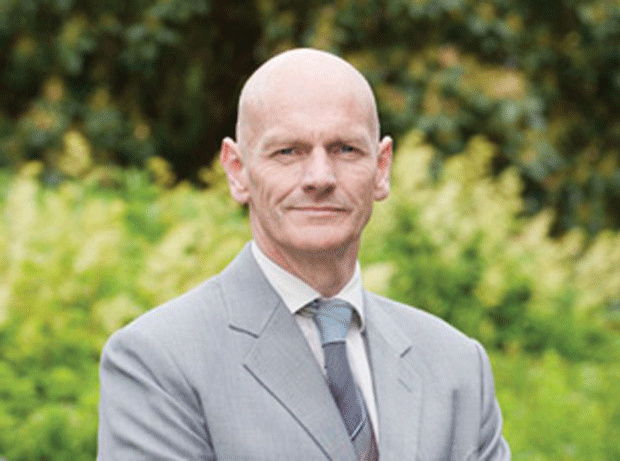The Food Standards Agency’s food crime unit should have the same police-style powers as its Dutch counterpart, Professor Chris Elliott has urged.
Giving evidence today (18 November) to the House of Commons Environment, Food and Rural Affairs Committee, the author of the government’s post-Horsegate report into food chain security also warned funding of the fledgling FSA unit would need to increase as it grew.
It was clear further investment was required to protect Britain’s supply chain, he said, particularly when compared with larger food crime investigation units in The Netherlands, Denmark and Italy.
“My belief is that when the unit becomes more functional and operational, it will come up against more problems and will need to apply for more funding,” he added.
Elliott’s claims were echoed by former deputy chief medical officer Professor Pat Troop, who said “the more people look [for instances of food crime] the more they will find”.
While accepting the controls surrounding food crime had improved since the Horsegate scandal, Elliott said a food crime unit that had the power to prosecute suspects under criminal law, impose fines, and set up a network of regional offices, should be the ultimate aim of the government and the FSA.
Elliott also warned that consumer confidence, while returning, was “still fragile”.
“There is a much greater awareness by the British public on the subject of food crime, he said, “back then [before Horsegate] people didn’t know what they were eating”.
Elliott added: “I hope the chances of what happened in 2013 re-occurring are much lower, but this is not a time to relax.”
The director of the Institute for Global Food Safety applauded the private sector for “stepping up” food testing activity post-Horsegate, but warned more must be done by local authorities.
On the EU’s new food labelling requirements, which come into force next month, he cautioned: “More labelling can be helpful for consumers but can also be a motivation for fraud. More information can mean more opportunities for criminals.”



















No comments yet